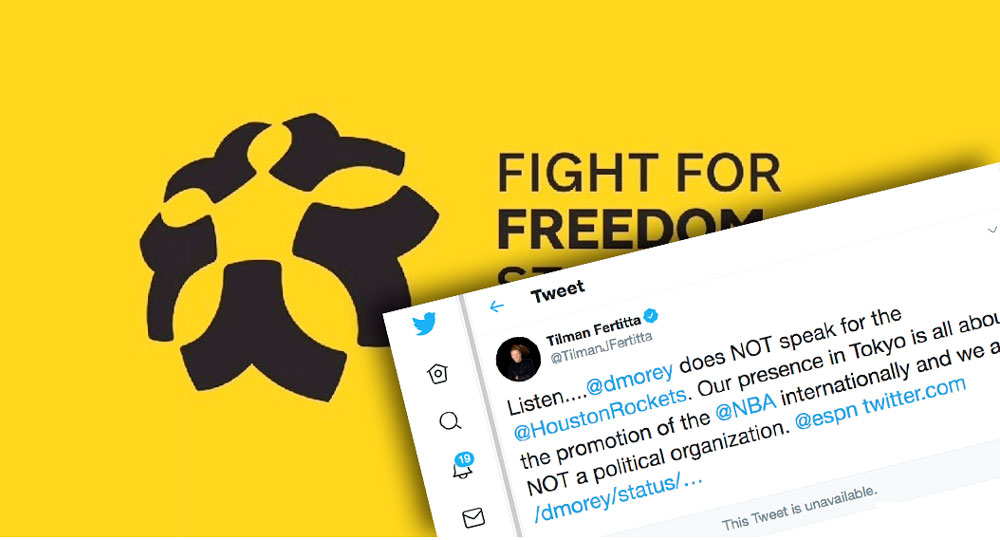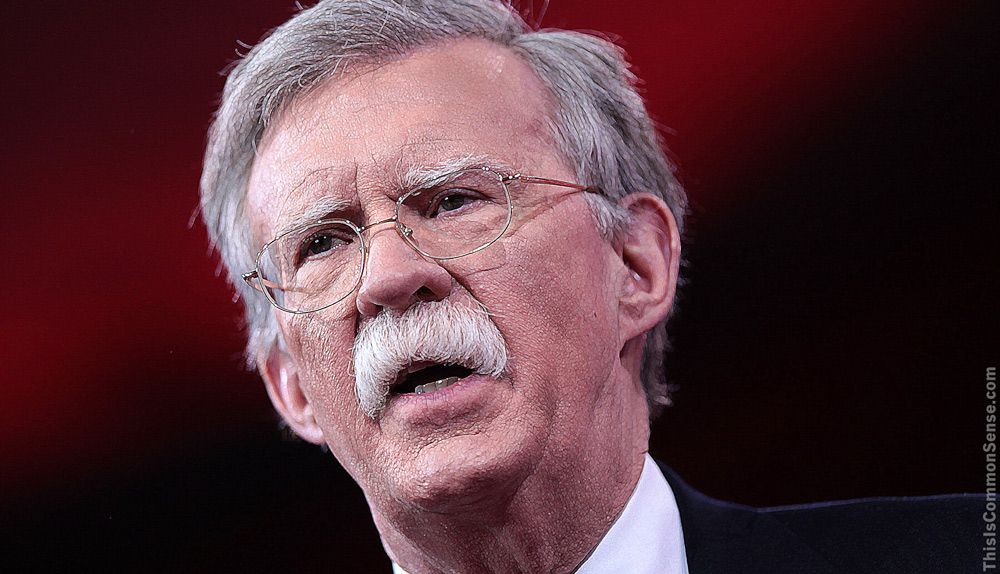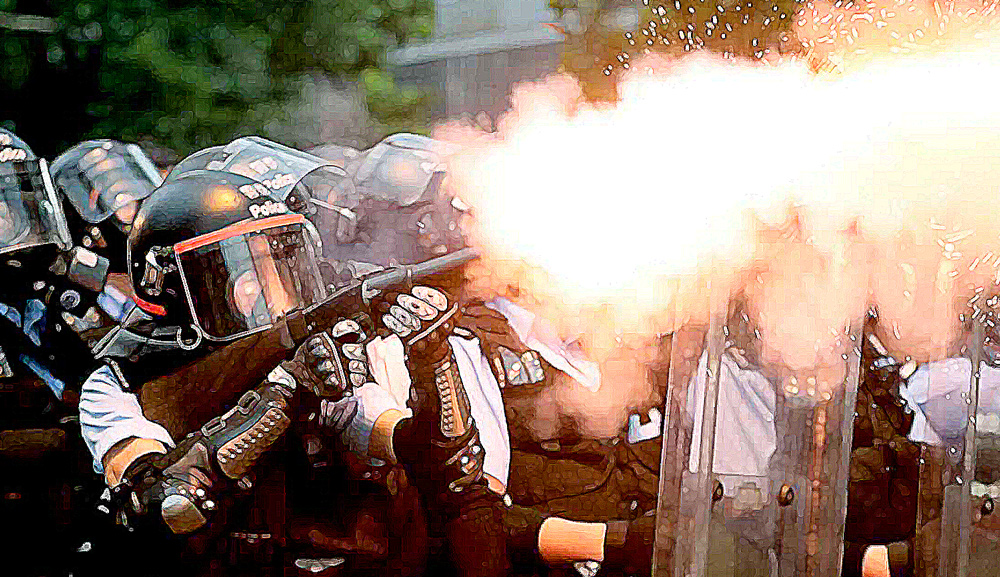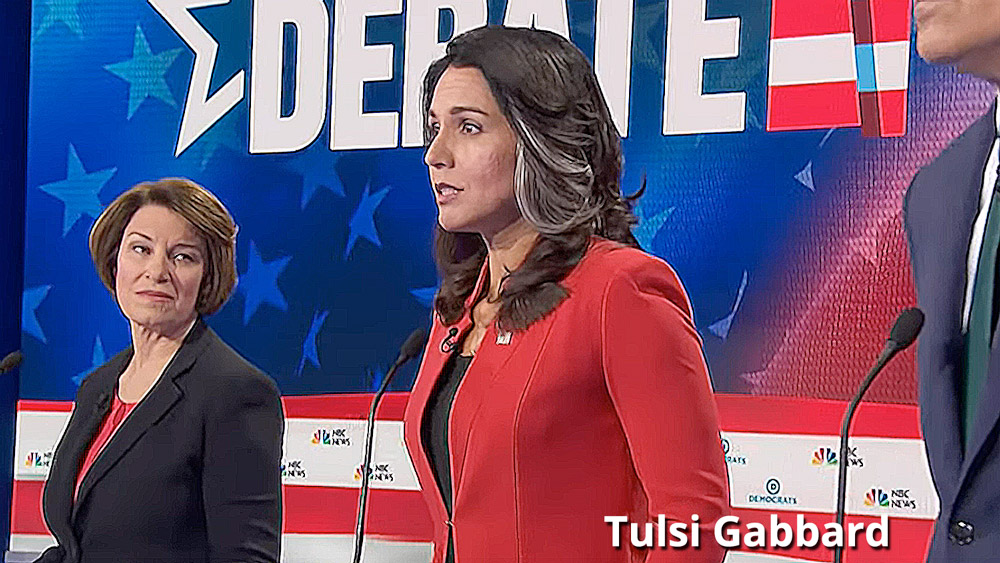“I’ve already deleted my Blizzard account,” offered the young man while taking my Starbucks order.
Blizzard Entertainment is a video game developer based in Irvine, California. Earlier this week, the company rescinded the Grandmasters tournament winnings of Hearthstone esports player Ng Wai Chung, whose professional name is “Blitzchung,” banning him from pro competition for one year.
Why? In a post-match interview, the Hong Kong native, donning a gas mask, declared, “Liberate Hong Kong!”
The company claims Blitzchung violated tournament rules disallowing “any act that, in Blizzard’s sole discretion, brings you into public disrepute, offends a portion or group of the public, or otherwise damages Blizzard.” More likely, the censorship comes from Tencent Games, a large Chinese company, with a 5 percent ownership stake in Blizzard’s parent company.
“I can’t just sit there doing nothing,” Chung told reporters, “watching our freedom being destroyed bit by bit.”
Blitzchung’s courageous stand has, thankfully, received rewards, too, for he is receiving offers from other, more politically conscious gaming outfits.
And Blizzard faces a serious customer backlash, along with employee walkouts and dissent.
On Wednesday, I bemoaned the fickle stand taken by Houston Rockets GM Daryl Morey, who tweeted, “Fight for freedom! Stand with Hong Kong!” but then deleted the tweet under pressure from the Chinese government. Then, yesterday, an NBA spokesperson apologized that a CNN reporter was blocked from asking Rocket players a question about the controversy.
The NBA may be scared of totalitarian China’s economic bullying, but fans are speaking out. At exhibition games between NBA and Chinese Basketball Association teams, in both Philadelphia and Washington, D.C., fans wore shirts and held signs saying, “Free Hong Kong.”
Speaking truth to power across the globe.
This is Common Sense. I’m Paul Jacob.

—
See all recent commentary
(simplified and organized)










